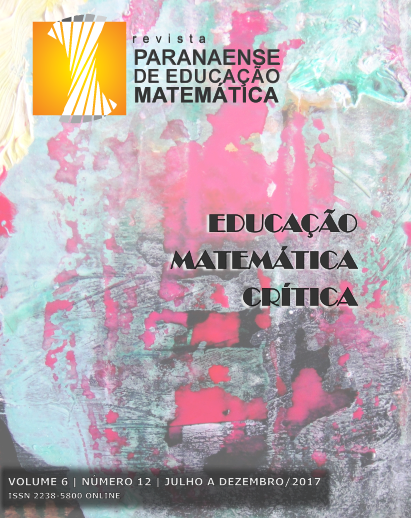AUTO-EXCLUSION IN MATHEMATICS EDUCATION
DOI:
https://doi.org/10.33871/22385800.2017.6.12.38-63Resumen
Auto-exclusion from mathematics education can be conceptualised as the exclusion from the mathematical discourse by the learner. While auto-exclusion has been reported in several publications, it has not yet been empirically contrasted with teaching practices and analysed for its socio-political implications. This paper can be understood as an exploratory study to gain a first research access on the above-mentioned connections. After introducing auto-exclusion on the basis of previous research and situating it socio-politically, this paper uses discourse theory to examine texts from questionnaires and interviews with secondary school students from Germany on their relationship to mathematics. Thereby, it is shown that auto-exclusion from mathematics can result from a rejection of basic assumptions of mathematical thinking, from humiliating experiences, and from teaching practices that disregard the students‟ individuality. Furthermore, it is shown that auto-excluded students are not necessarily passive and helpless victims of their educational experiences but often play an active and reflective role in defining their relationship to mathematics. Eventually, possibilities to take action are discussed.










